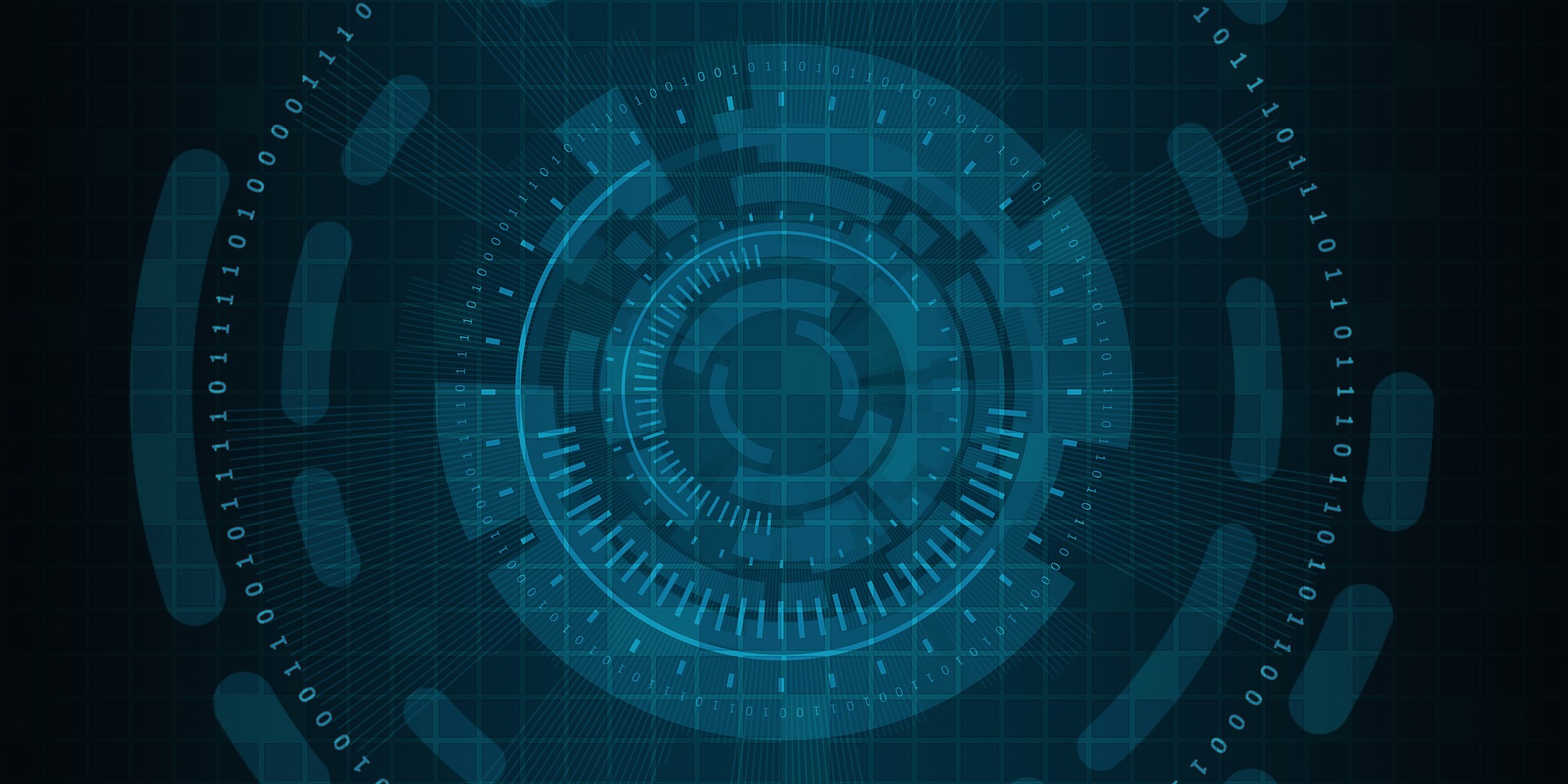
Scopri i libri della collana di Scuola Filosofica!
Would you like to help the scientific research in the field? Are you interested in cyberwar and cyber security? Please, write to the author (scuolafilosofica_at_gmail.com) and ask him for the first draft of the paper!
Abstract
The cyber domain is a set of rules implemented by an appropriate infrastructure. The cyber domain can be subjected to political influence and it can be exploited to reach political objectives quite far from its specific and limited nature. A completely different kind of war is happening inside the cyber domain. It is a war waged inside and outside the cyberspace in order to reach the strategic control of the rules, laws and principles of the domain itself. This means that the cyber domain is different from the other domains: it is the only one in which the human actors can change the laws of the domain itself. This is not a competition that could be conceived as the past wars. This war will not only affect all the citizens connected to the cyberspace, but it will result ultimately in the shape of the cyber domain itself. This is something deeper and much more radical of what we have seen before and this explains why the cyberwar will not take place: it is just happening. It is time to start thinking differently. A philosophical perspective is needed to improve our understanding of the very nature of the cyber domain.
Table of contents
1. Introduction
2. Cyber domain and cyber space: a brief understanding of the cyber metaphysics
2.1 What is real?
2.2 What is a domain?
2.3 A general characterization of cyber-objects and the two types of cyber entities: a cyber ontology
2.4 Cyberspace and cyber domain
2.5 Actions and transformations: how different domains communicate
3. Cyber domain and cyberwars
3.1 Cyber domain and the connections with the other domains
3.2 Cyberwar and cyberwarfare
4. Cyberwar and the current geopolitical competition to win the laws of (cyber) nature
5. Conclusions
And this stillness of life did not in the least resemble a peace. It was the stillness of an implacable force brooding over an inscrutable intention.
And I saw that something restraining, one of those human secrets that baffle probability, had come into play there
Joseph Conrad
Introduction
The current competition toward the control of the cyber domain is ongoing and the cyberspace is considered the fifth domain for military operations according to the US Department of Defense and NATO. However, the practitioners and scholars are still striving to understand what the cyber domain and cyberspace are, and their connections with the other domains. To create even more confusion, it is not entirely clear what is the difference between cyber-objects, non-cyber contents, information and data. From one side, it seems that the cyberspace is entirely defined by information and data, from another side, information and data indeed existed well before anybody started to think about the existence of the cyber domain and the related cyberspace. These confusions spill over the theoretical debate to include also the quite concrete military analyses and doctrines. When everything is cyber nothing is less clear anymore.
There are many studies about the nature of the cyber weapons (Rid, McBurney (2012), cyberwarfighting (Alexander (2007), Birdwell, Mills (2011), Rid (2013b), Joint (2013)) cyber security (Warner (2012), Bayuk et. Al., (2012), Kim (2014)) and cyberwarfare (Billo, Chang, (2004), Saydjari (2005), Geers (2010, 2011), Rid (2012, 2013), Liles, Dietz, Rogers, Larson, (2012), Stone (2013), McGraw (2013), Junio (2013). Jacobsen (2014)), cyber intelligence (Warner (2012), Mattern, Felker, Borum, Bamford, (2014), Bellaby, (2016), Brantly (2018), Kalkman, Wieskamp (2019)). The cyberwar and cyberwarfare literatures include definitely a number of influential papers in many different areas and topics, such that the cyber deterrence (Libicki (2009, 2018)). However, very few scholars try to develop a general understanding of the nature of the cyberspace per se (Obrst, Leo; Chase, Penny; Markeloff, Richard; (2012)) and even less of the cyber domain. This was clearly stated by Dortmans, Thakur, Ween, (2015) in their excellent analysis of the different positions (conjectures) toward the cyberspace: “there is a distinct lack of appropriate analysis frameworks that capture the uniqueness of the cyber conflict space” (Dortmans, Thakur, Ween, (2015) p. 173). According to a very recent study written by Glenn Crowther: “No one has yet proposed what the cyber domain is, where militaries should be operating in cyberspace, and what missions’ militaries should be doing in cyberspace” (Crowther (2018) p. 63). Joseph Nye (Nye (2010)) developed an entire theory to explain how cyber power influences the current geopolitical competition inside and outside the cyberspace. Indeed, he is focused specifically in what I called the ‘spillover effect’ of the cyber domain (I will come back this point below). However, one of the problems common to this literature is its relatively dependence on a very narrow and specific understanding of the field per se and it is difficult to find real school of thoughts, though an attempted was tried by Dortmans, Thakur, Ween, (2015). In addition, disagreements on defining even basilar concepts such as cyberwar and cyberwarfare ground the debate (Jacobsen (2014). I would argue that we lack a general philosophical conception of what is the cyber domain and the cyberspace. This brings the scholars to address very specific problems without a general vision of them. Pushing the point even further, there are no accounts of what cyber-objects are and how they influence the cyberspace. (Continue…)




Be First to Comment